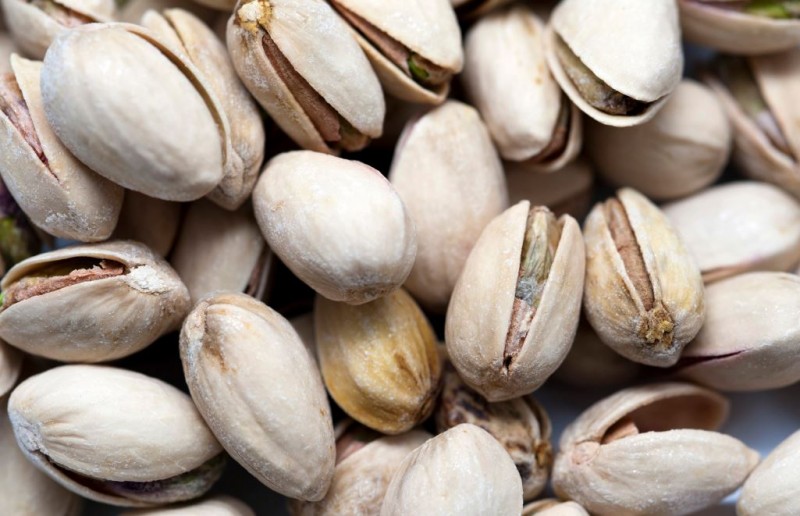
In today's fast-paced world, maintaining a balanced and healthy diet is essential for overall well-being. While there are countless superfoods that claim to offer a range of health benefits, one lesser-known powerhouse is the pistachio. These tiny green nuts pack a powerful punch when it comes to treating a variety of deficiencies and promoting optimal health. In this article, we'll explore the diverse ways pistachios can be used to address deficiencies and improve overall health.
When we think of pistachios, we often associate them with being a delicious snack. However, these nuts offer far more than just taste – they are a nutritional powerhouse that can play a crucial role in addressing various deficiencies.
Understanding Pistachios: A Nutritional Overview
Pistachios are not only delectable but also packed with essential nutrients. They are an excellent source of vitamins, minerals, healthy fats, and antioxidants. With a rich nutritional profile, pistachios have the potential to become an integral part of a deficiency-treating diet.
Pistachios for Vitamin B6 Deficiency
Vitamin B6 is essential for numerous bodily functions, including metabolism, brain development, and immune system support. Incorporating pistachios into your diet can help fulfill your vitamin B6 requirements and support overall well-being.
Combatting Iron Deficiency with Pistachios
Iron deficiency can lead to anemia and fatigue. Pistachios, containing a fair amount of iron, can contribute to increasing iron levels in the body and combating the associated health issues.
Magnesium Deficiency: A Role for Pistachios
Magnesium is crucial for muscle and nerve function, as well as maintaining healthy blood pressure. Pistachios can serve as a tasty source of magnesium, aiding in the prevention of deficiencies.
Pistachios as a Source of Protein
Protein is vital for tissue repair and muscle growth. Pistachios offer a plant-based protein source that can be particularly beneficial for vegetarians and vegans.
The Power of Pistachios in Zinc Supplementation
Zinc is essential for immune system function, wound healing, and maintaining a sense of taste and smell. Pistachios contain zinc and can play a role in ensuring your body's zinc needs are met.
Addressing Vitamin E Deficiency
Vitamin E acts as a potent antioxidant, protecting cells from damage and supporting skin health. By incorporating pistachios into your diet, you can contribute to maintaining adequate levels of this vital nutrient.
Pistachios: A Natural Source of Antioxidants
Antioxidants help combat oxidative stress and reduce the risk of chronic diseases. Pistachios are rich in antioxidants, making them an excellent option for promoting overall health.
Maintaining Healthy Cholesterol Levels with Pistachios
Healthy fats found in pistachios, such as monounsaturated fats, can help lower LDL cholesterol levels and reduce the risk of heart disease.
Pistachios and Dietary Fiber: Supporting Digestive Health
Dietary fiber is essential for a healthy digestive system. Pistachios provide a good amount of fiber, aiding in digestion and promoting gut health.
Promoting Eye Health through Pistachios
Lutein and zeaxanthin, two antioxidants present in pistachios, are known to support eye health and reduce the risk of age-related macular degeneration.
Pistachios: A Versatile Snacking Option
Pistachios are a convenient and delicious snack that can be enjoyed on their own or added to various dishes, enhancing both taste and nutrition.
Incorporating Pistachios into Your Diet
To reap the full benefits of pistachios, consider incorporating them into your daily diet through creative recipes and mindful snacking.
Incorporating pistachios into your diet can have a positive impact on various deficiencies and contribute to overall health and well-being. These nutrient-packed nuts offer a wide array of vitamins, minerals, and antioxidants that play a vital role in maintaining optimal bodily functions.
The Best Way to Consume Figs for People with Diabetes: Fresh or Dried?
If you want to avoid the eye flu, then include these 6 types of foods in your diet
If the nose gets clogged again and again in the monsoon, then these tips will give relief